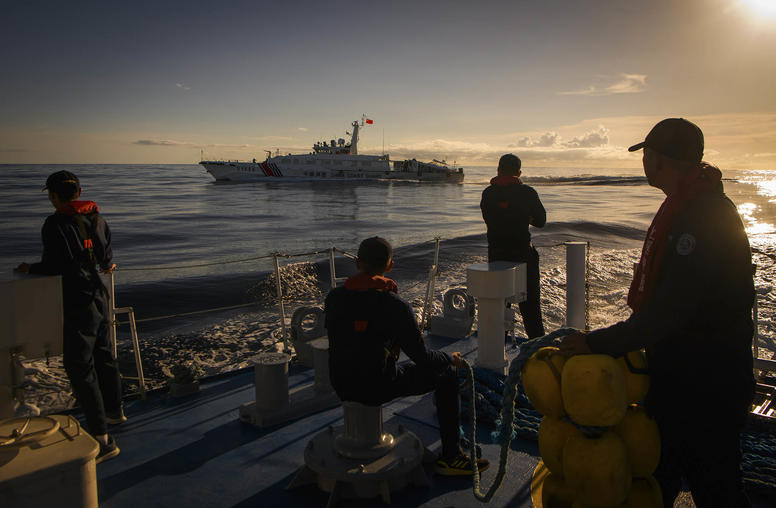The U.N. Approach to Preventing Atrocities
A Conversation with Alice Wairimu Nderitu, Under-Secretary-General and U.N. Special Adviser on the Prevention of Genocide
With the risk of mass atrocities rising globally, the U.N. special adviser for the prevention of genocide serves as the U.N.’s nerve center for identifying threats of large-scale violence that could lead to atrocity crimes such as genocide, war crimes and crimes against humanity. This critical role provides early warnings to the secretary-general and Security Council and recommends actions to prevent or halt them — all while strengthening practitioner understanding of the key drivers of atrocity risk, including hate speech and genocide denial.
On November 16, USIP hosted a conversation with U.N. Special Adviser on the Prevention of Genocide Alice Wairimu Nderitu on the efforts her office has taken to prevent atrocity crimes and to improve the U.N.’s ability to protect vulnerable civilian populations.
Continue the conversation on Twitter with #USIPAtrocityPrevention.
Speakers
Philippe Leroux-Martin, welcoming remarks
Director, Governance, Justice and Security, United States Institute of Peace
Alice Wairimu Nderitu
Under-Secretary-General and U.N. Special Adviser on the Prevention of Genocide
Lauren Baillie, moderator
Senior Program Officer, Atrocity Prevention, U.S. Institute of Peace



